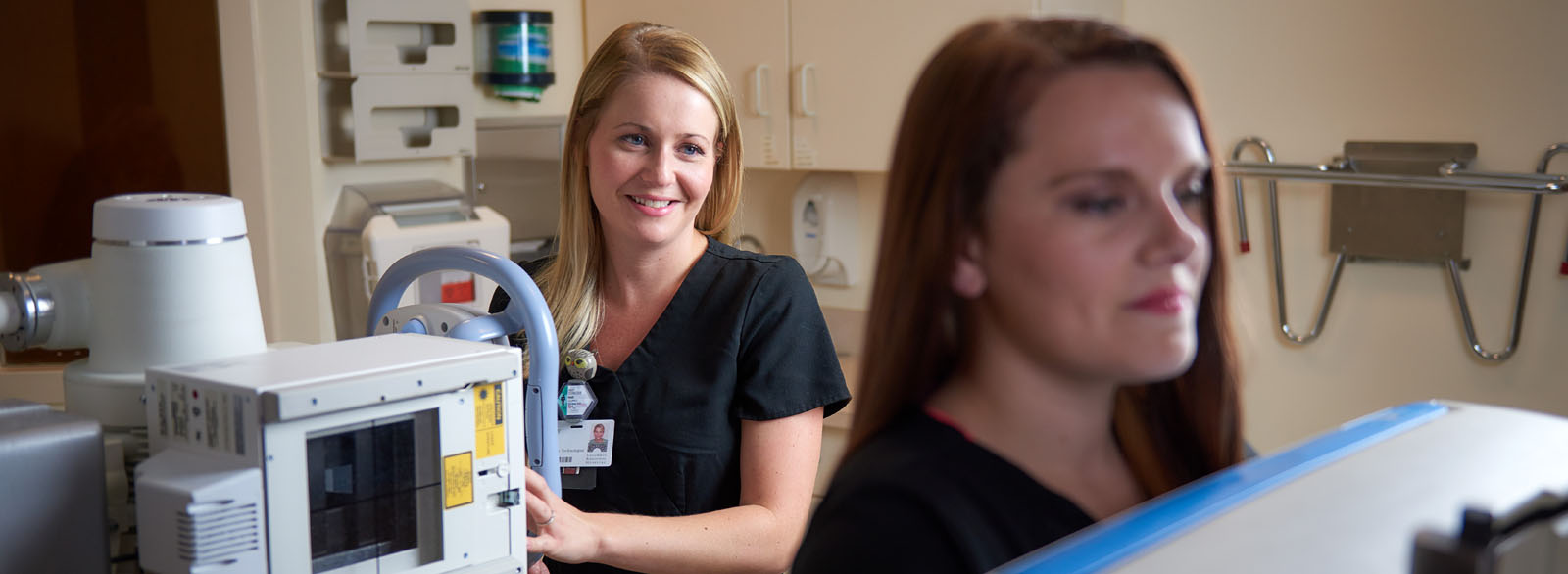- trending_flat Columbus Family Medicine
- trending_flat Columbus Internal Medicine Associates
- trending_flat Doctors Park Family Medicine
- trending_flat Employer Health Partners
- trending_flat Family and Internal Medicine
- trending_flat Geriatrics
- trending_flat MyCare Family Med
- trending_flat Rau Family Medicine
- trending_flat Sandcrest Family Medicine
- trending_flat VIMCare Clinic
- trending_flat Hospital Care Physicians
- trending_flat Imaging Services
- trending_flat Laboratory Services
- trending_flat Medication Assistance Program
- trending_flat Medication Management Clinic
- trending_flat Occupational Health
- trending_flat Specialty Pharmacy
- trending_flat WellConnect
- trending_flat Wellness
arrow_forward_ios
Primary Care
arrow_forward_ios
Support Services




